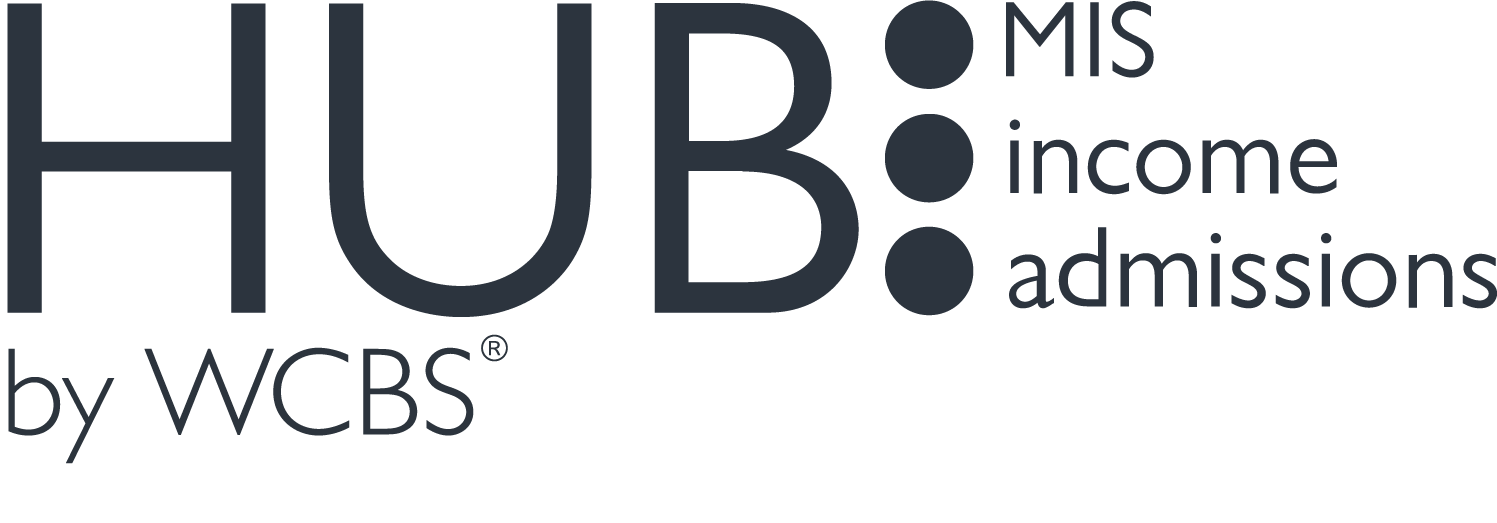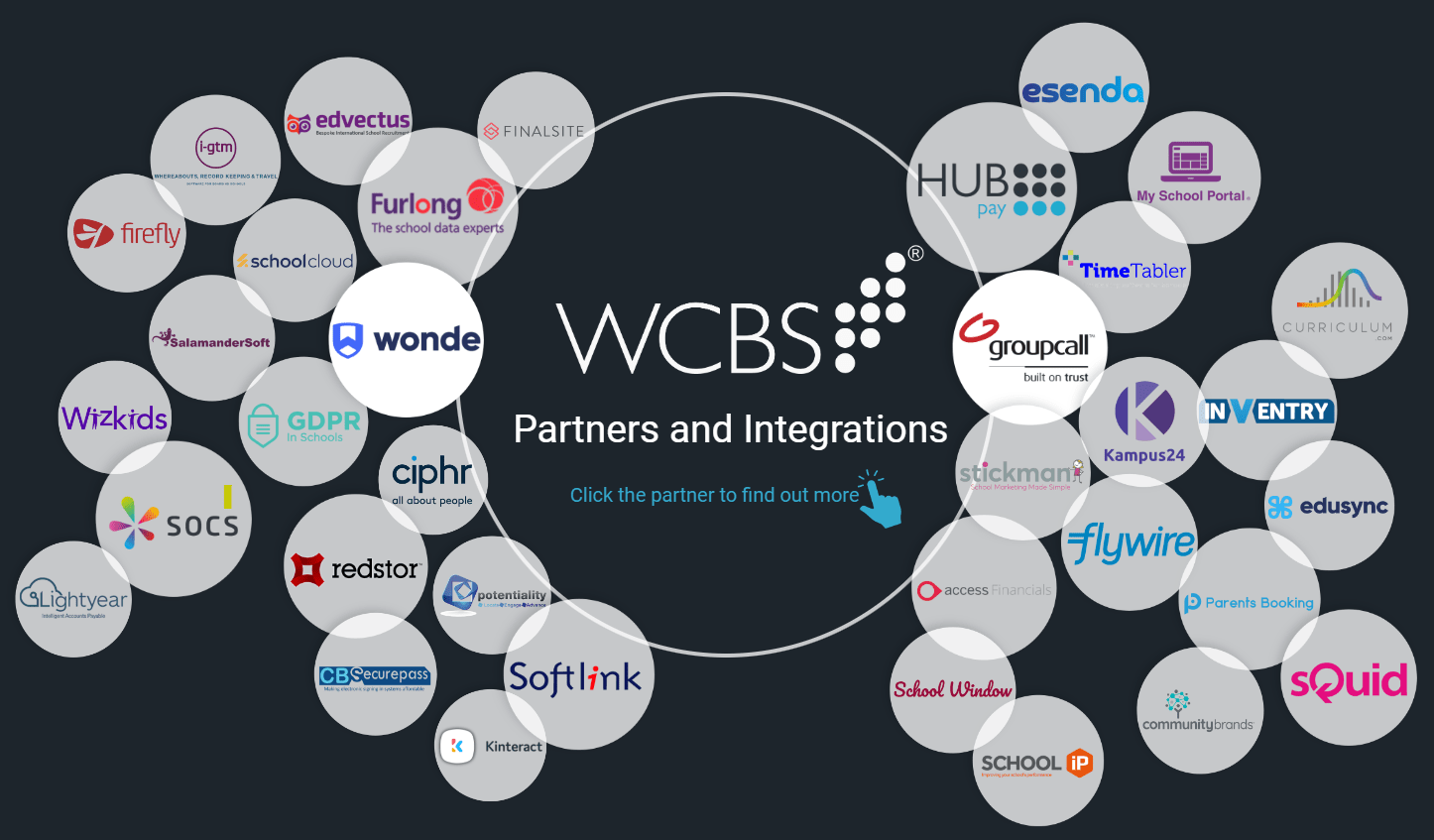Big investment decisions in EdTech, especially MIS, so often revolve around how many function boxes it ticks – but for schools employing such diverse staff with varying degrees of software experience, using it for many different reasons, the software may not work at its optimum level and be cost-effective if you don’t also consider other factors.
To ensure that your choice of MIS is a sound investment, not now but for 5, 10 and even more years, your list of tick boxes should be expanded to include the following factors that are so many times overlooked.

1. How intuitive is the EdTech?
Often the staff tasked with drawing up the shortlist for new Edtech are the most software-savvy in the school so don’t necessarily have a grasp on how difficult some people find negotiating around a screen. Look at the detail given to the design; has UX (User Experience) been given enough investment? The best UX is what’s familiar to the end user and will ensure the most positive staff engagement of the new system, keeping the fear of change to a manageable level.
2. What’s the solution’s life expectancy?
Find out what sort of a roadmap the supplier has for the product. No roadmap? Alarm bells should ring because, as the past 30+ years have shown us, we the software customers don’t always know what we will need in 2, 5, 10+ years. Software can and should be built on platforms that adapt and be scalable, with functionality that readily expands to cope with new challenges.
3. How established is the supplier in the EdTech sector – and why is this important?
We’ve all heard about software in other industries being launched only to fall short spectacularly and this can often be attributed to not understanding the customers’ needs properly. Or worse, the company folds or gets swallowed up by big business that doesn’t have the same focus or values. Within the independent schools’ market, the best suppliers work closely with their customers, building a solid reputation over many years. With this brings intuition, understanding the full picture of what can be often likened to a complex mix of small businesses under the umbrella of an educational institution!
4. Check the provider’s website
The best ones will give you background information about the company and its products, plus you can find out more about their employees and teams, what specialised departments they have, read testimonials and blogs, and check what services they offer.
5. How secure is your school’s data?
For cloud software, you must be able to get specific information about protection from ransomware, disaster recovery, access restrictions, incident management policies. On-premise systems are down to you and your IT department, but you should expect to get advice on what to put in place.

6. Does the EdTech provider give your school a dedicated contact?
You don’t want to have to fathom out which department your query has to go to, so to avoid time wasted make sure you get a dedicated employee assigned to your account who will find their way through to get the answers for you. This may be a customer service representative or customer account manager. No matter the title, you should have their email and phone number on hand for quick access.
Just take note, however, that the relationship should go both ways – the best account managers will want to check in periodically or set up occasional meetings to make sure things are running smoothly, and you should make use of this. You will be able to give feedback that could get you better value, free training, more functionality, etc. So when asking questions about a Customer Account Management Team, ask if you can schedule regular meetings with your representative.
7. Will the reporting options cover the needs of all departments in an Independent or International School?
Different staff members work in different ways. Some want to dive deep in Excel whereas others want quick stats on their screen. Take on board your employees’ needs and quiz the supplier as to how they can accommodate them.

8. How quickly will any problem be resolved?
Software companies, especially those that have been around for a while, should have a good grasp of their support capabilities. A software company should be constantly monitoring their customer service requests and resolution time in order to have a pulse on their customers’ satisfaction.
Ask what lines of support there are, and what hours are covered – especially important where providers have international customers. Issues so often arise at the most inconvenient times, and while most suppliers don’t offer 24/7 live support, a great customer support team should communicate what to expect if you need help after hours. For example, if you leave a voicemail with a customer representative after business hours, will they return the call the next morning? Are appointments available after hours if scheduled ahead of time?
9. Does the EdTech solution allow your school to integrate with your favourite software?
Schools have their favourite software to manage specific areas of the community, from timetabling and portals to after-school activities and alumni. Find a solution with a strong partner programme that will give your school access to best of breed software, eliminating the need to have what are often less functional modules included within the MIS. The platform must be built on a read and write API to eliminate the need for duplication of data entries, so there’ll be no mismatch of information across departments.
10. Are there favourite add-ons that are charged as extra?
Your supplier will of course have customers similar to you – ask about what they use, what’s the most common add-on and how that will affect your budget – you don’t want to find you’re stuck with an incomplete bit of kit because it didn’t come with a standard function that’s important to you.
11. How are software fixes and updates handled?
Make sure you understand the difference between on-premise, cloud-based and cloud native, then you’ll be able to work out how theses issues will affect your school community. Cloud native tech should have virtually no impact on your school as all fixes are dealt with offsite. Find out if the supplier publishes the software’s monthly stats of fixes, technical tasks, requested changes, updates – and whether the users were affected by any downtime.

12. What training is available?
Can you get bespoke training, and if so how much does it cost and is it available on site or online. Are there webinars delivered at convenient times for staff to attend? And, what training is recommended? Specialised software should be intuitive to use, meaning that staff will need little to no training.
13. What resources are available?
Often, if you’re experiencing an issue, somebody else has as well. So, a software company should have resources on hand to guide you through common issues.
One-pagers, how-to videos and FAQs should be available to you for quick reference, saving you a call or email to your customer rep. When asking about customer support, ask if there are materials that are available for frequent questions. Some companies may have an online learning platform or customer-only website that give customers access to a resource and training library.
14. Check how focussed the EdTech provider is on your market
You don’t need to be told how different running an independent school is compared to the state sector – or for that matter, any other business! Don’t be shoe-horned into something that doesn’t quite fit the needs of your school. It’ll probably get worse over time as your requirements grow and they don’t or can’t facilitate, because their focus is on their bigger market.
Decision Time!
Once you’ve got the majority if not all your boxes ticked, and involved as many of your stakeholders as is practical, you can be confident about signing up with the provider that can supply you with the best Edtech for your school!
About WCBS
Founded in 1984, WCBS specialises in providing integrated management systems to Independent & International schools across three core areas: Admissions, MIS & Finance.
Our Values
Trusted
For nearly 40 years we’ve given fee paying schools the focus they deserve.
We understand their needs, goals and ambitions to deliver better outcomes.
Future Thinkers
We look for solutions to problems not yet realised. We push boundaries through challenging and enlightening discussions to exceed expectations with innovative features.
Doing it Yesterday
Agile in our approach, we strive to be proactive yet responsive to our customers’ needs. We are dedicated, work with urgency, but are considered and measured.
Together
Collaborating with customers and each other to deliver for our schools and conquer the impossible. Collectively we are greater than the sum of our parts.
We have invested and are continuing to invest millions of pounds into our product set. We are delivering next generation, cloud native systems that use the very latest technology in order to achieve a 10x better user experience for Independent and International Schools. Contact us for more information.




